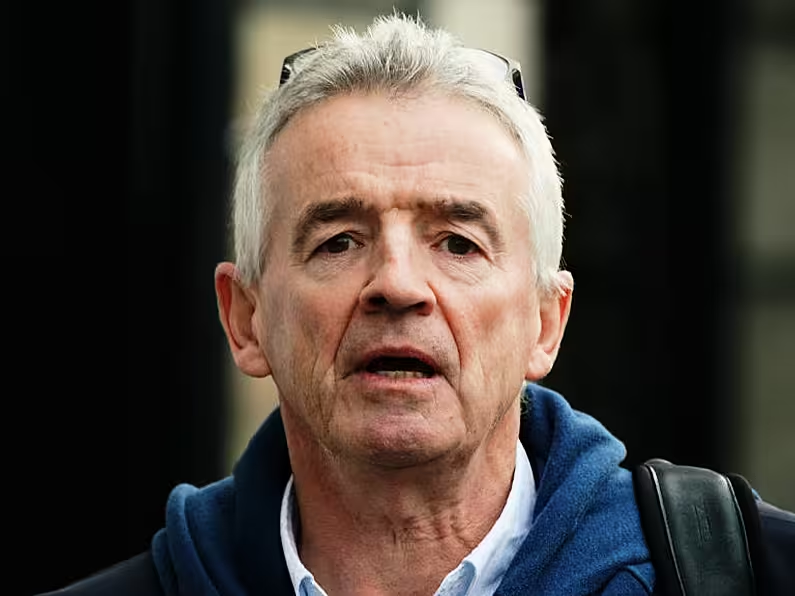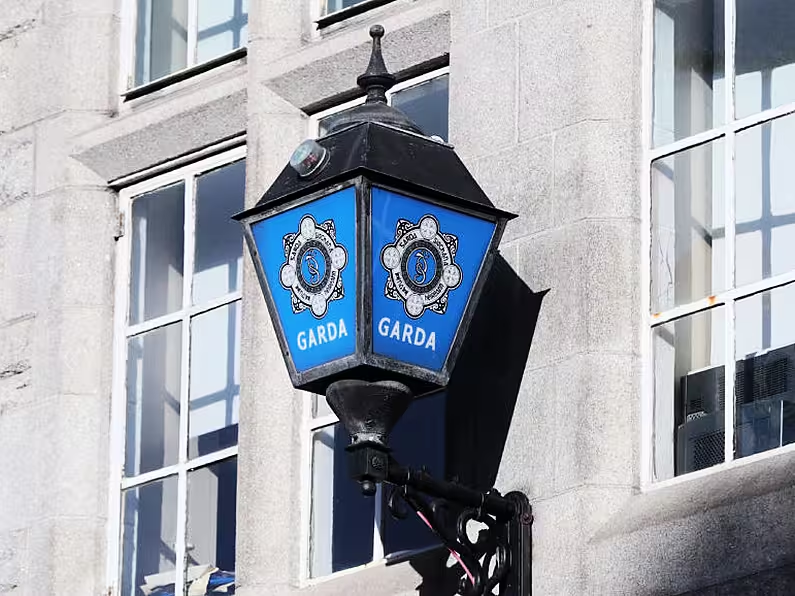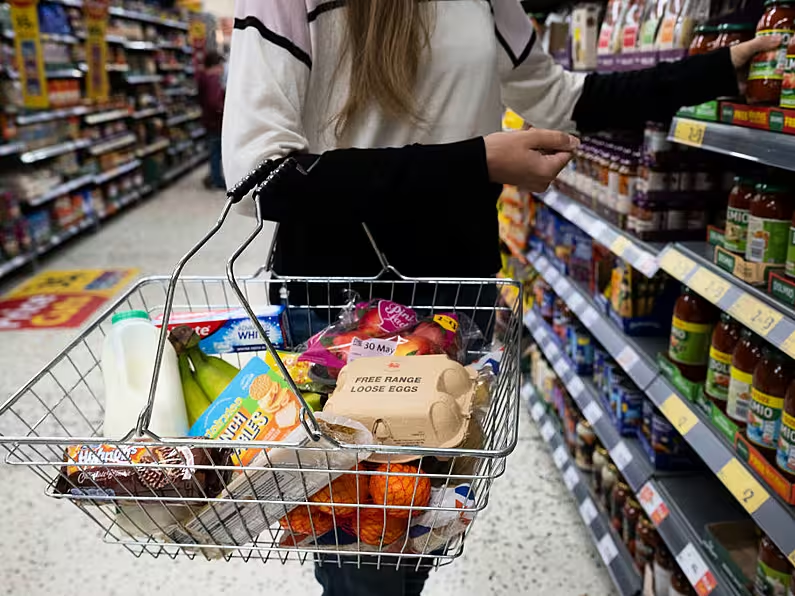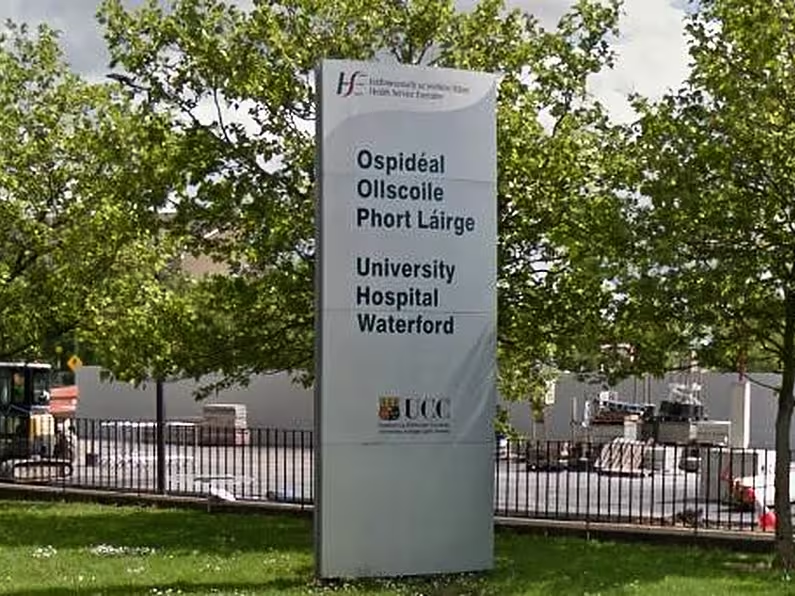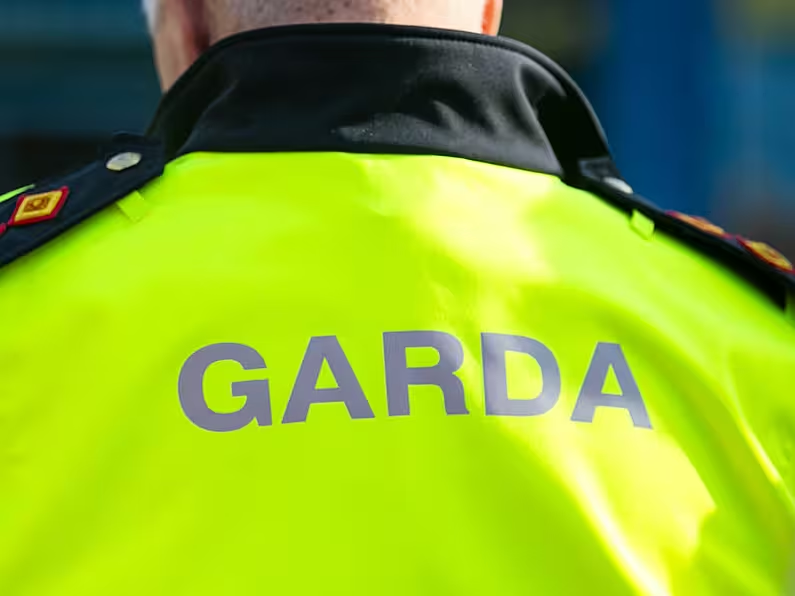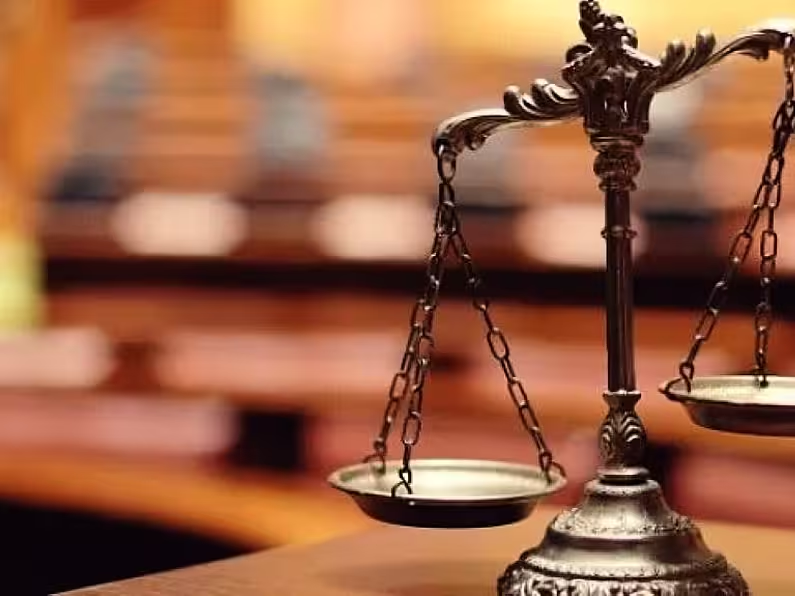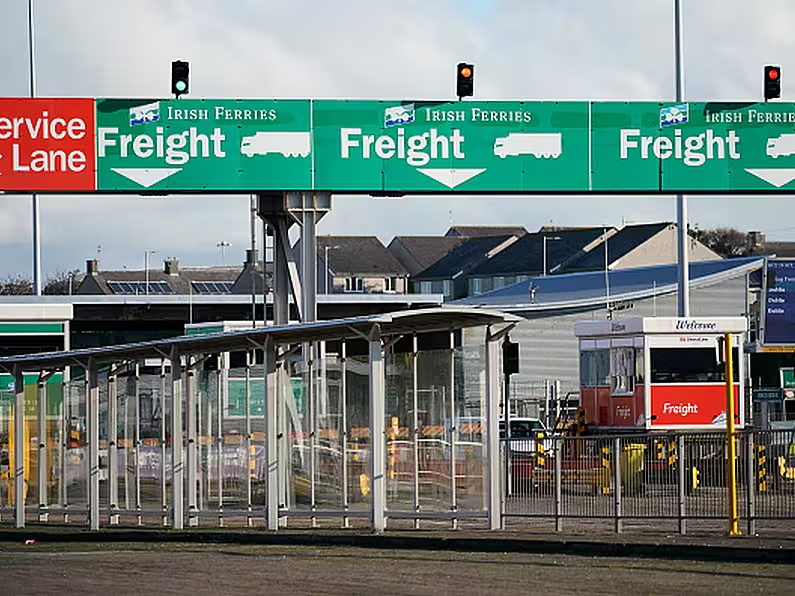By Gráinne Ní Aodha, PA
A Government department has hit back at comments by Ryanair chief Michael O’Leary, who accused the state of “squandering” millions in climate funds on a school bus scheme.
The Department of the Environment said the initiative reduces emissions by keeping cars off the road, and added that Mr O’Leary’s views were “at odds” with parents who expressed huge interest in the scheme.
Appearing before an Oireachtas committee last week, Mr O’Leary expressed concern at how Ireland uses millions in climate funds paid by Ryanair to the European Commission.
The EU’s Emissions Trading System (ETS) places a cap on emissions of specified pollutants over a geographical region and companies can trade emission rights within that area.
Within the cap, which is reduced over time, airlines buy or receive emissions allowances until their total for the year are covered.
Mr O’Leary said airline passengers are charged around €4.50 in EU environmental fees on a Ryanair flight worth €40 equivalent to 12 per cent of the fare.
He said he was “very concerned” about what Ireland does with the money, saying “astonishing volumes of environmental revenues have been squandered on school bus fleet and unidentified climate finance projects”.
Mr O’Leary told TDs and senators: “Over 70 per cent of this is being squandered on the school bus fleet, which is neither environmentally friendly nor particularly fuel efficient.”
He said Ryanair had written to the department about how €140 million gathered over three years had been used, and accused officials of not answering what climate projects the money was used for.
He said: “We don’t begrudge the school bus fleet the money, you know, but it shouldn’t come out of monies that Ireland is telling Europe we’re going to spend on environmental measures.”
Mr O’Leary repeated the comments on Newstalk on Sunday, claiming the school bus fleet was not operating during the pandemic, and that the funds were being “dribbled out” by the Irish government.
In a statement to the PA news agency, the Department of the Environment, Climate and Communications defended the bus scheme as a climate action measure.
“The school transport scheme provides public transport for the daily needs of almost 148,000 students in Ireland, including 16,000 students with special education needs.
“In the absence of this scheme, most of these students are likely to require transportation via private vehicle (given that to be eligible for the scheme a student must be more than 3.2km distant from the nearest primary school and 4.8km distant from the nearest secondary school).
“Without the school transport scheme there would be tens of thousands at least of more cars on our roads, therefore leading not just to added congestion but to a significant increase in transport emissions.
“The parents of school-going children would seem to be at odds with Mr O’Leary’s views. When it was announced during the summer that school transport fees were to be scrapped for the 2022-23 school year, there was such a response that the scheme couldn’t initially be ramped up quick enough.”
The department added that the European Commission estimates aviation’s participation in the scheme has contributed to almost 200 million tonnes of reductions of CO2 emissions over the past eight years.
“Ryanair since 2012, along with all aircraft operators operating in the European Economic Area (EEA), are required to monitor, report and verify their CO2 emissions for each year for all their flights within the EEA.
“They then must surrender allowances equivalent to those emissions. Each year Ryanair is allocated free allowances from the scheme, circa 3.6 million in 2021 against verified emissions of 4.9 million.
“Ryanair must go to either the open market or the EU ETS auctioning process to make up any shortfall.
“EU ETS auctioning process uses a common platform for 25 EU member states, including Ireland. Revenues from any Ryanair purchases are paid to the countries, not solely to Ireland.”
Responding to Mr O’Leary’s call for more support for airlines investing in sustainable fuels, the department said Ryanair, “in addition to a free allocation of allowances under the EU ETS, is already the recipient of several extremely beneficial fossil fuel subsidies”.
“These include VAT exemptions for tickets and no application of excise, duties or carbon taxes to fuel consumption.
“The Central Statistics Office notes that the effect of the exemption of kerosene from excise and carbon taxes means that the average effective carbon rate applied to aviation fuel is less than 1 euro per tonne of carbon dioxide emitted.
“This is far below the current carbon tax applied which is in the range of 41 to 48.50 euro per tonne of carbon dioxide emitted depending on the fuel and its application.”



